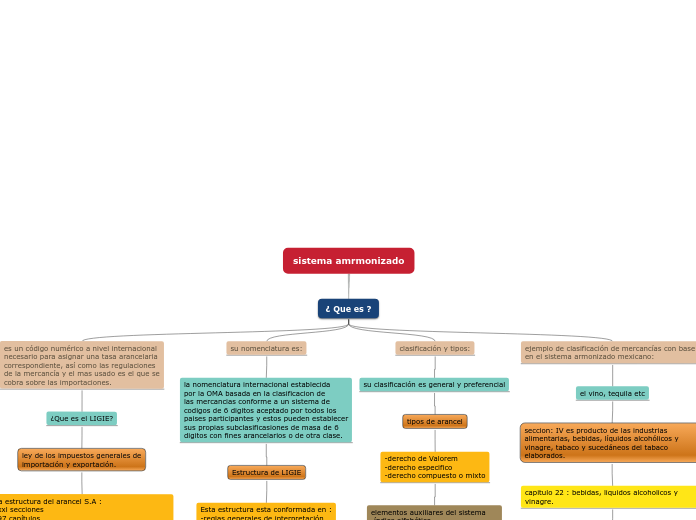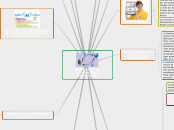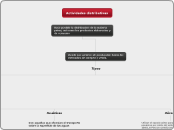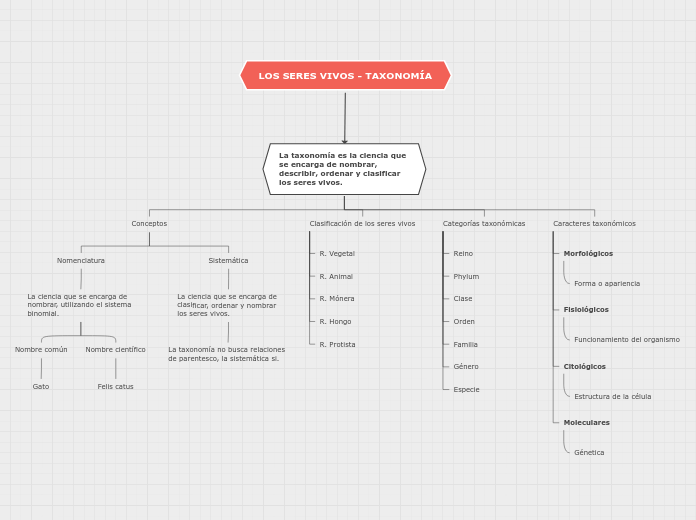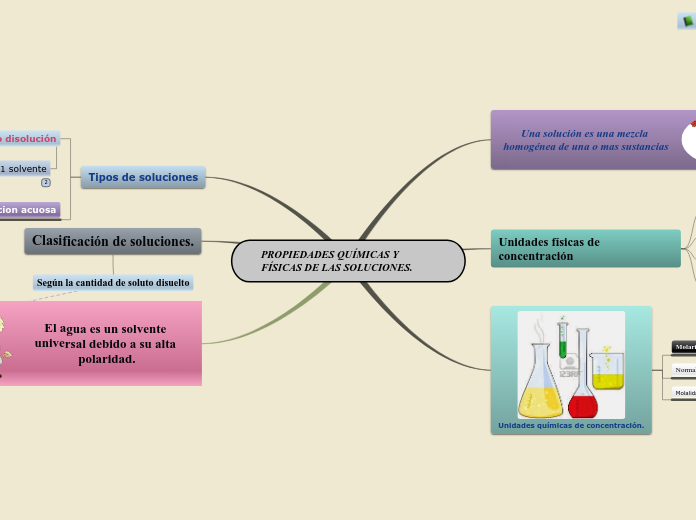sistema amrmonizado
Type in the name of the multiple-perspectives text.
Example: Bridge to Terabithia by Katherine Paterson
¿ Que es ?
Identify an important issue from the text that is being presented from different angles. Type it in.
Example: Jesse's drawing talent.
ejemplo de clasificación de mercancías con base en el sistema armonizado mexicano:
Decide on the fourth point of view
Type in the name of the last character whose perspective on the issue you are going to present.
Example: Leslie Burke, Jesse's new next-door neighbor, and best friend.
el vino, tequila etc
Point of view
Type in a relevant quote that highlights the character's point of view. Try to follow a citation format: author's name, chapter, and page.
Example: I can't get the poetry of the trees,' he said. She nodded. Don't worry,' she said. You will someday. He believed her.' (Paterson, 4. 24)
seccion: IV es producto de las industrias alimentarias, bebidas, líquidos alcohólicos y vinagre, tabaco y sucedáneos del tabaco elaborados.
How is the viewpoint introduced in the story?
Choose an answer:
First person point of view - using the personal pronouns 'I' or 'we'Second person point of view - using the personal pronoun 'you'Third person point of view - using the third-person pronouns 'he', 'she' and 'they'Omniscient point of view - an all-seeing observer tells the story
capitulo 22 : bebidas, liquidos alcoholicos y vinagre.
partida 2208: alcohol etilico sin deznaturalizar con grado alcoholico volumetrico inferior al 80% de vol; aguardientes, licores y todas la bebidas que contengan alcohol.
clasificación y tipos:
Whose character does the third point of view belong to?
Type in his/her name.
Example: Mr. Aarons, Jesse's father.
su clasificación es general y preferencial
What does the character think, say or do that suggests their perspective on the issue?
Type in a quote and try to maintain the citation format.
Example: 'He would like to show his drawings to his dad, but he didn't dare. (...) He'd thought his dad would be pleased. He wasn't. What are they teaching in that damn school? he had asked.' (Paterson, 2.8)
tipos de arancel
What kind of narration introduces the viewpoint?
Choose an answer:
First person point of view - using the personal pronouns 'I' or 'we'Second person point of view - using the personal pronoun 'you'Third person point of view - using the third-person pronouns 'he', 'she' and 'they'Omniscient point of view - an all-seeing observer tells the story
-derecho de Valorem
-derecho especifico
-derecho compuesto o mixto
elementos auxiliares del sistema
-índice alfabético
-notas explicitas
-índices de criterios de clasificación.
su nomenclatura es:
Decide on the second point of view
Name the character (it can either be the main character or one of the supporting characters) whose point of view you are presenting.
Example: Miss Edmunds, Jesse's music teacher.
la nomenclatura internacional establecida
por la OMA basada en la clasificacion de
las mercancias conforme a un sistema de
codigos de 6 digitos aceptado por todos los
paises participantes y estos pueden establecer
sus propias subclasificasiones de masa de 6
digitos con fines arancelarios o de otra clase.
Type in a quote that points out the character's position about the issue.
Try to follow a citation format: author's name, chapter, and page.
Example: 'She said he was unusually talented, and she hoped he wouldn't let anything discourage him.' (Paterson, 2. 8)
Estructura de LIGIE
How is the viewpoint introduced in the story?
Choose an answer:
First person point of viewSecond person point of viewThird person point of viewOmniscient point of view
Esta estructura esta conformada en :
-reglas generales de interpretación
-secciones
-capítulos
-subcapítulos
-partidas
-subpartidas
-notas legales
-códigos numéricos
esta tiene como función principal identificar
las mercancías de importación de la forma
mas exacta posible a fin de establecer el
gravamen o impuesto de la importación.
es un código numérico a nivel internacional
necesario para asignar una tasa arancelaria
correspondiente, así como las regulaciones
de la mercancía y el mas usado es el que se
cobra sobre las importaciones.
Decide on the first point of view you are going to present.
Type in the name of the character (it can either be the main character or one of the supporting characters) whose point of view belongs to.
Example: Jesse Oliver Aarons, Jr., the main character of the novel, a fifth-grader living in a rural Southern area.
¿Que es el LIGIE?
Type in a relevant quote that highlights the character's point of view towards
¿ Que es ?.
Try following a citation format: author's name, chapter, and page.
Example: 'Jesse drew the way some people drank whiskey. (...) Lord, he loved to draw. (...) When he was in first grade, he told his father that he wanted to be an artist when he grew up.' (Paterson, 2. 7)
ley de los impuestos generales de
importación y exportación.
What type of narration introduces the viewpoint?
Choose an answer:
First person point of view - using the personal pronouns 'I' or 'we'Second person point of view - using the personal pronoun 'you'Third person point of view - using the third-person pronouns 'he', 'she' and 'they'Omniscient point of view - an all-seeing observer tells the story
La estructura del arancel S.A :
-xxl secciones
-97 capítulos
-1221 partidas
-5052 subpartidas
-notas legales
documentos auxiliares: notas, explicativas, índice alfabético, índices criterio y tablas de correlaciones.
Reglas generales:
-las reglas generales y los notas explicativas, son la justificación legal de la clasificación arancelaria.
-definen procesos a seguir para clasificar las mercancías cuando su identificación no resulte clara según los textos de partida, fracciones y notas explicativas.
-6 reglas generales y 8 complementos.
